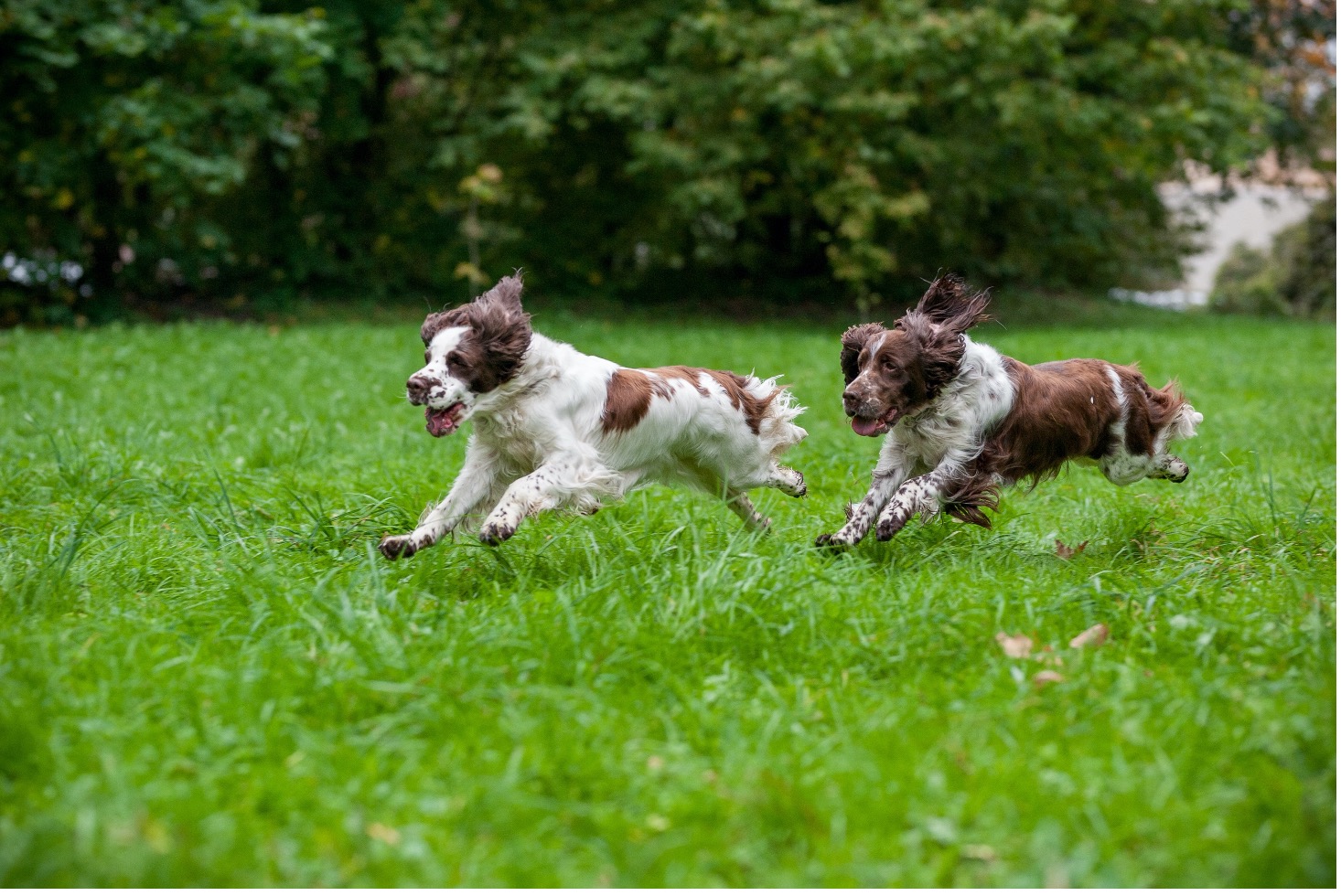Apart from which is the cutest, the fluffiest, or which gives the best snuggles, there are many other things that differentiate breeds of dogs. Each dog has different requirements that must be tended to, whether this is how much food they eat, how needy they are, and how much exercise they require—an important consideration for professional dog walkers.
Giving dogs the right length of exercise is as crucial as feeding them enough food and making sure they’ve got enough water. All dogs must receive daily physical exercise and mental stimulation not only for health reasons but also so they don’t become incredibly bored. Boredom can result in poor health, obesity, sadness, depression, and behavioural issues. And if you’re caring for someone else’s dog, you want it to be top-quality care.
Dogs are curious creatures and certainly energetic, always up for exploring the outside world, even if it’s the same route every time. As a professional dog walker, you have a lot of responsibilities. As well as being covered with insurance for dog walkers and making sure you’ve got a tight grip on the leash, you’ll have a lot of different breeds under your care, perhaps on the same walk at once. So, it’s important you’re aware of what each breed needs. After all, it’s safe to say a Chihuahua doesn’t need the same walk as a German Shepherd. Here, we’ll explore which breeds of dogs need longer walks.
German Shepherd
German Shepherds are dogs commonly known for their strength, intelligence, obedience, and how trainable they are. Originally bred as a herding dog, because of their nature, they were enlisted in the German army in the First World War. So it isn’t surprising to learn that they need a minimum of two hours of exercise each day. This helps reduce boredom and to make sure these keen working dogs have enough mental and physical stimulation.
Labrador Retriever
One of the nation’s favourite breeds—the Labrador Retriever. These were originally bred to be kept outside working for long periods of time. However, Labradors are prone to joint and muscle problems due to their heavy size and if left idle for long periods of time, this can have negative impacts on their joints such as hip dysplasia, joints disease, and muscle dystrophy. It’s also worth noting that Labradors have a susceptibility to obesity due to their genes, therefore should ideally be walked for ideally two hours each day. This shouldn’t be a problem as this breed have an energetic nature.

Source: Shutterstock, by Wasitt Hemwarapornchai
English Spaniel
The English Spaniel is a gun dog in the Spaniel family and was primarily used for flushing out and catching game. These breeds are affectionate and excitable, therefore should be walked for around two hours every day. These lively and energetic dogs, although may look smaller than the German Shepherd and Labrador, need just as much mental stimulation to be truly happy and healthy. Certainly the opposite of a coach potato, avoid your Springer developing behaviour problems by taking them out for competitive exercise.

Source: Shutterstock, by photosounds
Hungarian Vizsla
Loyal, affectionate, and regal dogs, the Hungarian Vizsla is an active dog with plenty of energy. A curious and agile dog with a keen sense of smell, walking your Vizsla for a minimum of two hours a day in a secure area so they can have lots of sniffing will be the best plan. Vizslas thrive off exercise and are happiest when they’re on the move. They are keen swimmers too, so if there’s any rivers, expect a wet dog.

Source: Shutterstock, by anetapics
Dalmatian
Dalmatians, also known as carriage dogs, used to run alongside carriages. They are high energy dogs and have the ability to run long distance. Fortunately, you don’t need to run Dalmatians alongside carriages to get optimum exercise. You should walk these active, strong dogs for two hours each day.

Source: Shutterstock, by Bilevich Olga
All five are very energetic breeds, so try to tire these pooches out with a fun walk that has plenty of scents to smell and sticks to chase!







